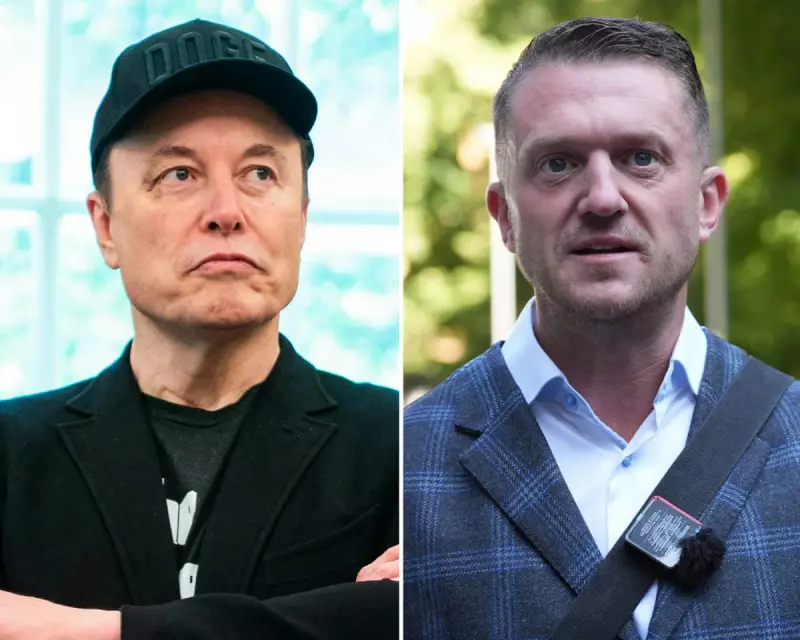
Downing Street has issued a stern condemnation of Elon Musk following his controversial appearance at a far-right rally in the UK, branding his language as "deeply irresponsible" and "dangerous". The rebuke marks a significant escalation in tensions between the British government and the world's richest man.
A Political Firestorm Erupts
The Tesla and SpaceX CEO took to the stage at a National Conservatism event, where he delivered a speech that directly challenged the UK's established political norms and institutions. His comments, which have sparked widespread outrage, were interpreted by Westminster as an attempt to inflame tensions and undermine democratic processes.
Prime Minister Keir Starmer's official spokesperson did not mince words when addressing journalists, stating unequivocally that while free speech must be protected, it must not come at the expense of public safety or be used to legitimise harmful rhetoric.
The Core of the Controversy
At the heart of the government's concern is the belief that Musk's immense platform and influence could translate his words into real-world consequences. The fear in Whitehall is that his appearance and messaging could:
- Embolden extremist groups and individuals
- Undermine trust in Britain's democratic institutions
- Incite hostility towards minority communities
- Disrupt the country's social cohesion
The government's sharp response indicates serious apprehension about the potential for Musk's comments to act as a catalyst for unrest, particularly during a period of heightened political sensitivity.
A Pattern of Provocation
This incident is not occurring in isolation. Musk's involvement in UK politics has been growing increasingly contentious, with his social media platform, X (formerly Twitter), facing ongoing scrutiny over its content moderation policies and its role in spreading misinformation.
Critics argue that Musk's appearance at the rally represents a dangerous blurring of lines between tech leadership and political extremism, while supporters claim he is merely exercising his right to free expression and challenging establishment orthodoxy.
The Wider Implications
The confrontation raises fundamental questions about the role of foreign billionaires in domestic politics, the limits of free speech, and the responsibilities that come with immense digital power. As the government draws a clear line in the sand, this episode is likely to fuel ongoing debates about:
- The regulation of social media platforms
- The influence of tech moguls on democratic processes
- The balance between free speech and social responsibility
- UK's approach to handling influential foreign figures intervening in its politics
This remarkable public dressing-down of one of the world's most powerful tech figures signals that the Starmer government will not hesitate to confront what it perceives as threats to the country's social and democratic stability, regardless of the source.






